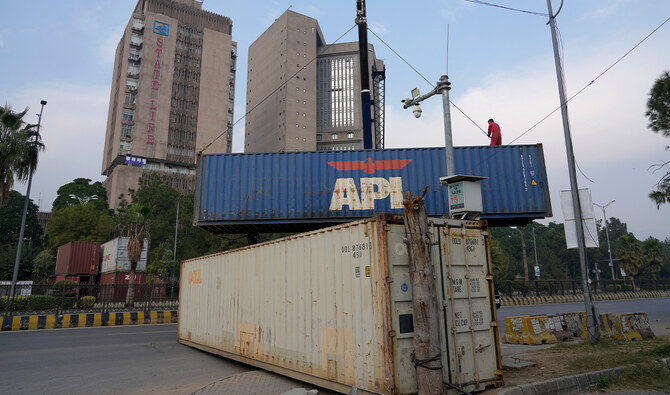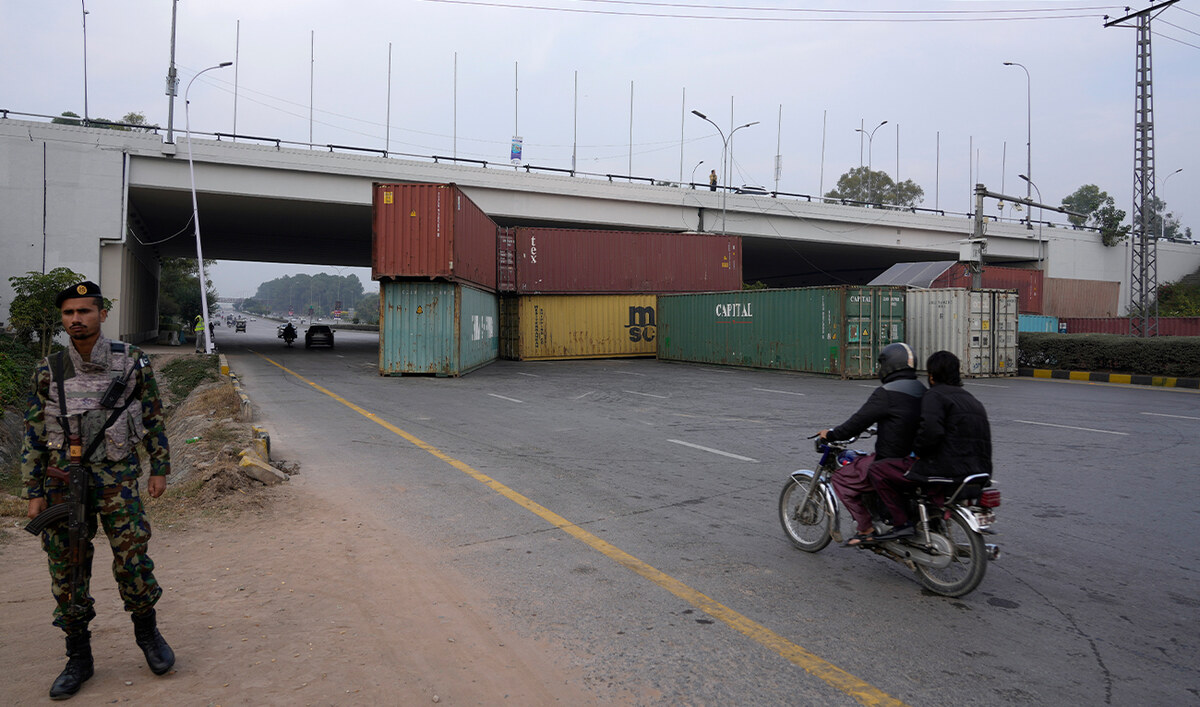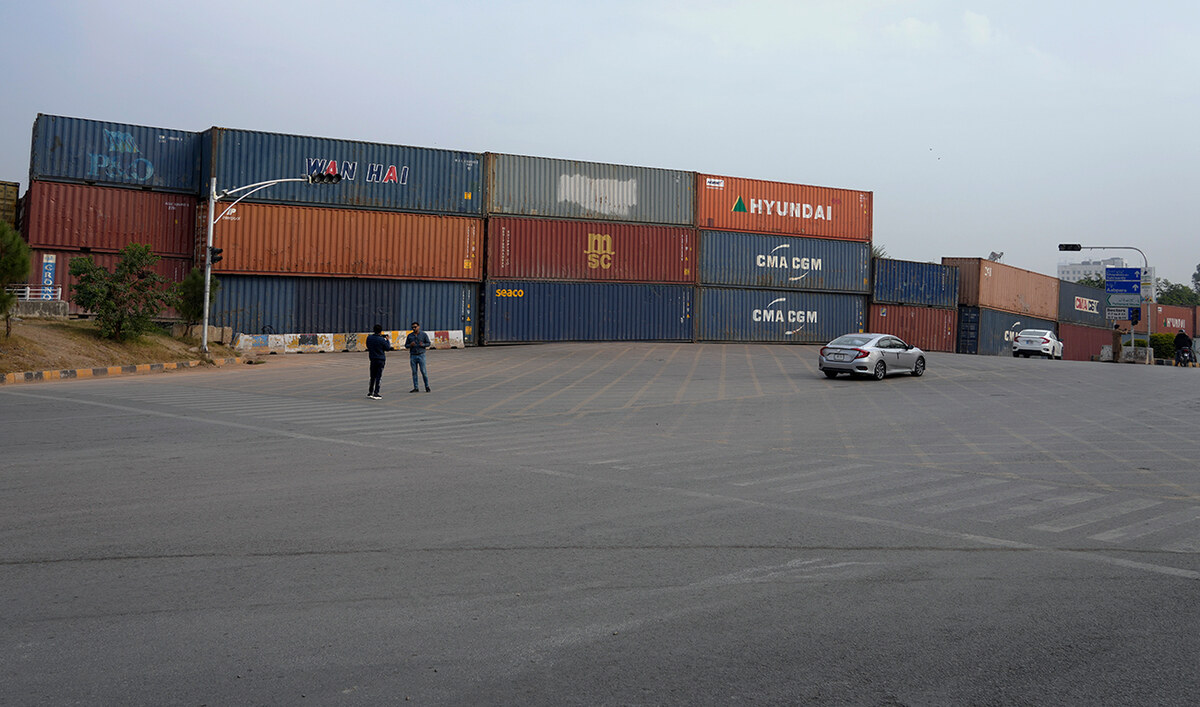KARACHI: Pakistan plans to indigenously manufacture its first electric vehicle (EV) and battery in 2023, said the top planner and manager of the project on Friday, adding that the economic benefit of the endeavor would exceed $1 billion.
Funded and designed by expatriate Pakistani experts, the country’s EV and battery manufacturing project is spearheaded by DICE Foundation, a US-based non-profit and tax-exempt entity that is registered in Michigan.
“Pakistan is close to launching its own world class electric vehicle,” Dr. Khurshid Qureshi, the foundation’s chairman, told Arab News. “The commercial rollout of the vehicle will take place in the third quarter of 2023.”
He informed that the first prototype of the “made in Pakistan vehicle” would be ready within the next three to four months, adding that the initiative had been “funded and designed by Pakistanis who have either worked with or are still employed by top global auto companies in the United States, United Kingdom and Canada.”

Chairman of US-based DICE Foundation Dr. Khurshid Qureshi talks to Arab News in Karachi on July 30, 2021, about Pakistan’s first indigenous electric vehicle and battery manufacturing project. (AN Photo)
The foundation is not only part of the international automobile sector but has also been helping Pakistan in several economic areas, such as water and energy, agriculture, health, textile, creative art and media, since 2014.
“The organization has now decided to undertake mega projects to benefit the country while keeping in mind its future needs,” Qureshi said, adding: “The electric vehicle and battery manufacturing is among our four mega projects.”
“The electric vehicle will not be the outcome of reverse engineering,” he continued. “Rather it will be the product of global best engineering practices spanning years of experience. It will be a five-seater car which will fulfil all international standards and exported from Pakistan with minimum alteration for left- and right-hand driving.”
Qureshi, who is also working on a self-drive car project with a Chinese auto company in Michigan, informed that the prototype of the electric vehicle was prepared with an investment of about $100,000 donated by the foundation members.
“We usually require $100 million of investment for such projects,” he said. “Due to the voluntary contribution of overseas Pakistanis who have pooled in their expertise, however, the organization was able to save a lot of money.”
The DICE chairman said it was the right time for Pakistan to have its own electric car since the whole world was trying to develop such vehicles.
Asked about the battery manufacturing project, he said the battery would be designed by keeping Pakistan’s weather and infrastructure conditions in view.
“Under the battery manufacturing project, we want to make Pakistan’s own indigenous pack,” he explained. “The work in this regard is being carried out at Karachi’s NED University of Engineering and Technology, and the prototype of the battery will be ready within the next three months under the guidance of the DICE Foundation.”
Qureshi said only the cells of the battery would be imported while the battery pack and fabrication would be done in Pakistan.
“The minimum life of the battery will be 10 years,” he added.
According to an estimate, the global market for batteries is going to be around $120 billion in the next five to six years which is likely to have a huge impact on Pakistan’s economy since the country plans to manufacture the product for both domestic and international use.
The DICE chairman estimated the electric vehicle and battery projects could contribute about $1 billion to the national economy with a potential to earn a great deal more through export revenue generation.
The foundation’s other projects include an online portal for Pakistani farmers and development of a digital platform, Rinstra, for people to share short videos.
“The idea of Rinstra was conceived because Pakistan does not have its own digital platform and its narrative is not positively presented to the rest of the world,” Dr. Adil Akhtar, the project’s executive director, told Arab News.
“This will be like the YouTube of Pakistani youth and provide them a platform to upload their video content,” he said. “Our endeavor is to empower young Pakistanis who will be able to make an earning through the platform and change their country’s global perception from negative to positive.”



















